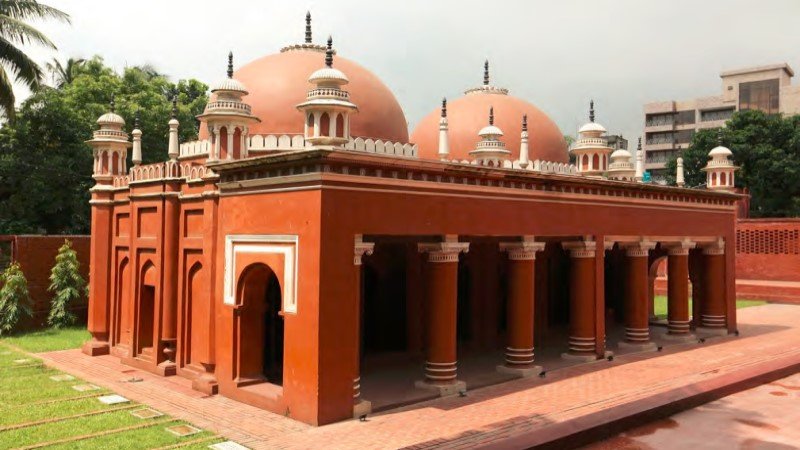UNB, Dhaka: Doleshwar Hanafia Jame Mosque, situated in Keraniganj on the outskirts of Dhaka, has won the ‘Award of Merit’ in the 2021 UNESCO Asia-Pacific Awards for Cultural Heritage Conservation.
Also known as ‘Daroga Masjid’, Doleshwar Hanafia Jame Mosque was constructed by Daroga Aminuddin Ahmed in 1868.
Aminuddin’s son Moiz Uddin Ahmed was the first caretaker of the mosque. Khidir Baksh and Kader Baksh, two brothers who were Moiz Uddin’s relatives, continued the mosque’s construction and renovation.
Kader Baksh’ grandson, former lawmaker Prof Hamidur Rahman, expanded the mosque further and built its minaret in 1968.
Later, State Minister for Power, Energy and Mineral Resources Nasrul Hamid, son of Prof Hamidur Rahman, took an initiative for the restoration of the mosque keeping the main infrastructure intact.
Architect Abu Sayeed M Ahmed led the year-long restoration project, finishing it in 2018.
Meanwhile, the historic Nizamuddin Basti, a slum in the Indian capital, has received the Award of Excellence in this year’s UNESCO Asia-Pacific Awards for Cultural Heritage Conservation for its “outstanding achievement in placing heritage at the heart of the sustainable development agenda”.
The project also garnered a Special Recognition for Sustainable Development.
Nine projects from six countries — Bangladesh, China, India, Japan, Malaysia, and Thailand — have been honoured by a jury of heritage experts, the UN body said in a release.
Duong Bich Hanh, Chief of Culture Unit at UNESCO Bangkok, said, “The diversity of heritage typologies and countries where the winning projects come from are truly remarkable. The number of projects that have successfully addressed various aspects of the sustainable development agenda is also commendable.”
The UNESCO Asia-Pacific Awards for Cultural Heritage Conservation programme recognises the efforts of private individuals and organisations in restoring, conserving, and transforming structures and buildings of distinct heritage value in the region.

